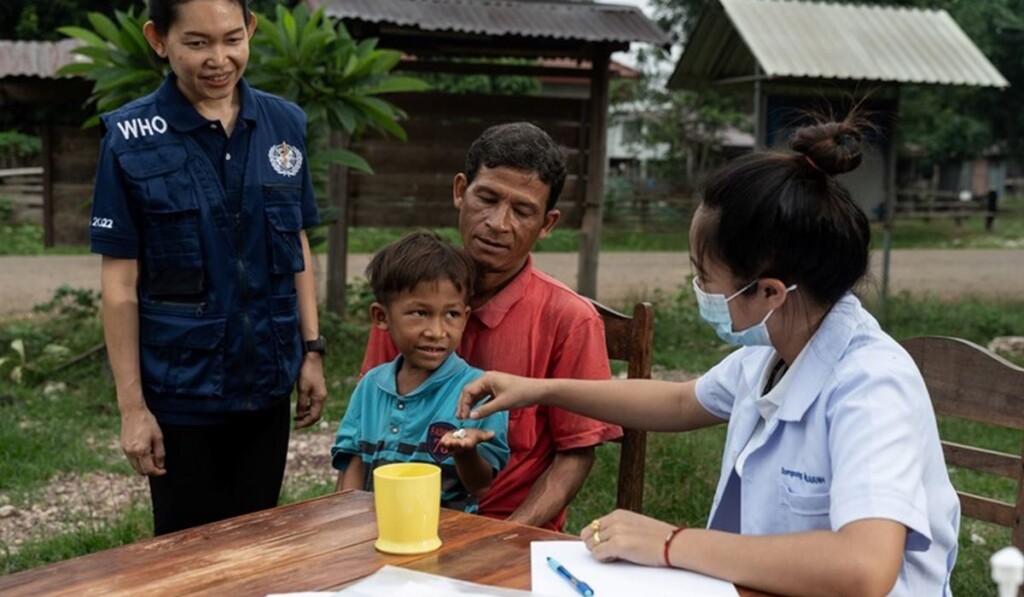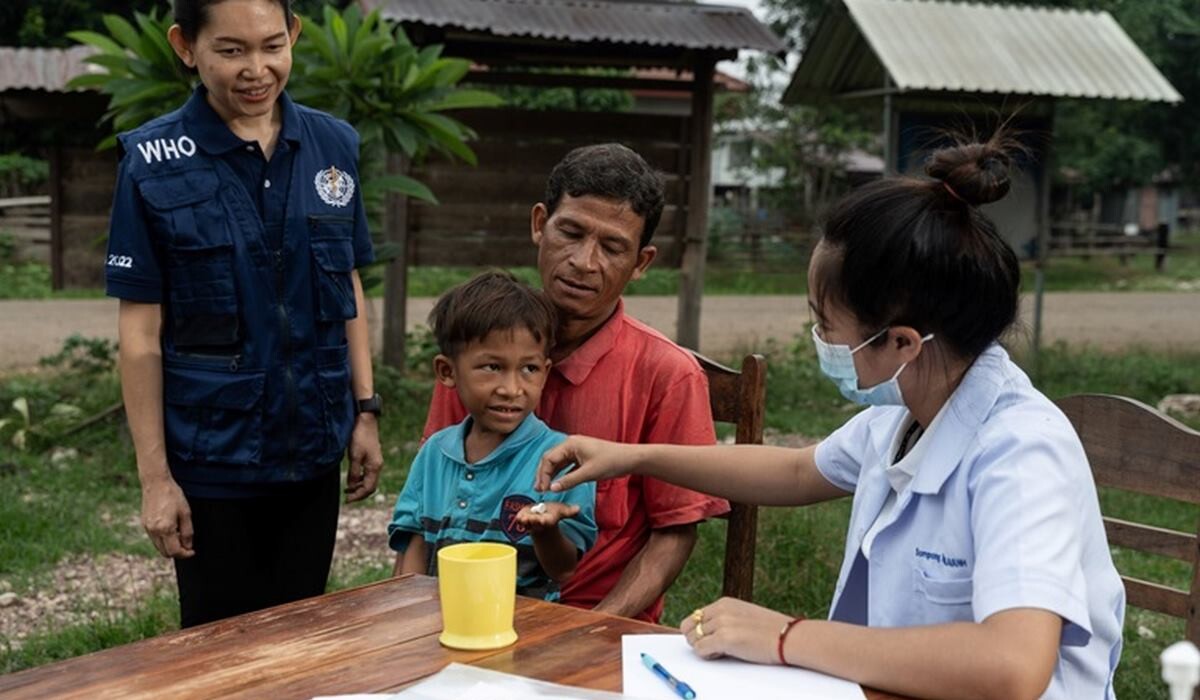
Becoming the first sub-Saharan African country to eliminate Malaria in half a century, Cape Verde has gone three years without a single case of transmission.
Malaria kills most people who die every year, and now that the complex phenomenon of various parasites and various mosquitoes has been quelled, it should stay that way owing to the fact that Cape Verde is a nation of islands.
Indeed, all international travelers and migrants have free access to malaria diagnoses, which has been one of the nation’s strategies for controlling the spread of the parasite. Active mosquito control has also helped, as well as a general rise in the standard of testing and treatment.
“This success reflects the hard work and dedication of countless health professionals, collaborators, communities and international partners. It is a testimony to what can be achieved through collective commitment to improving public health,” Cape Verde’s Health Minister Dr Filomena Gonçalves told the BBC.
Mauritius, another island nation in African seas, was the last country to eliminate malaria—doing so in 1973.
Not needing the natural benefits of islands and oceans, the Lao People’s Democratic Republic was recently hailed by the WHO for its successful eradication of the disease lymphatic filariasis.
Commonly known as elephantiasis, it’s a debilitating parasitic disease spread by mosquitoes. For centuries, this disease has afflicted millions of people worldwide, causing pain, severe disability and social stigmatization.
MORE TRIUMPHS AGAINST DISEASE: Cancer Plummets, Guinea Worm Eradicated, Bye-Bye Ebola—3 Huge Wins for Humanity
Lao PDR is the 18th country in the Asian and Pacific tropics to have eradicated the disease from their society, proving that determined measures can succeed against it even among low-income countries.
It’s also the second neglected tropical disease that the country has eliminated following the elimination of trachoma as a public health problem in 2017.
To eliminate the disease, which by 2002 was endemic in only one southern Lao province (Attapeu), local health authorities and partners gave preventive medication to at-risk communities from 2012 to 2017. Elimination efforts also benefited from activities to reduce malaria and dengue, including distribution of long-lasting insecticide-treated nets and health education campaigns.
MORE NEWS LIKE THIS: New Oxford Malaria Vaccine is ‘Huge Advance’ to Protect Children From Deadly Killer
“Our country’s achievement has been made possible through years of collective efforts by dedicated health workers together with support from WHO and partners,” said Dr. Bounfeng Phoummalaysith, the Health Minister for Lao DPR at a ceremony celebrating his ministry’s efforts.
SHARE These Pathological Triumphs In The Developing World…




















